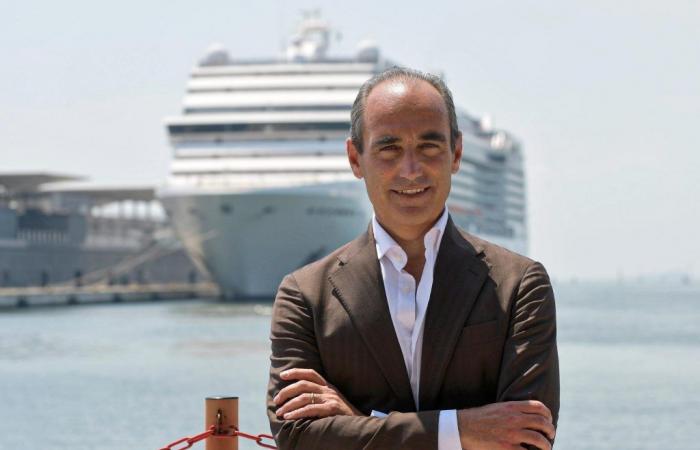Santi: “We risk once again finding ourselves bogged down in a season at risk of immobility”
After the Economist, even the Guardian, which yesterday titled ‘All eyes are on her’, notes how all European and global attention is directed towards our Prime Minister and not only because she has the role of hostess of the G7 these days in Puglia.
Italy, in fact the only European country that left the vote for Brussels, not only with a confirmed but also strengthened governance, in the face of instability and real political earthquakes that are actually affecting the majority of the main EU countries in at the mercy of extremism, has a unique opportunity, which cannot be missed: that of dictating on the sea (and Puglia is not by chance its center of gravity) a European agenda which once again places the Mediterranean at the center and which can be found right in Rome , a firm guide for designing future balances, but especially for actively participating, with a leading role, in a new order that concerns the entire Mediterranean basin extended to the Red Sea and the Black Sea.
This is supported by the president of the Maritime Agents Federation, Alessandro Santi, who however does not hesitate to highlight the perplexities and doubts regarding the ability of the country and its government to seize these opportunities, also creating a real springboard for the Mattei Plan .
In this operation, the ports should perform an essential function, but in recent days we are witnessing a port governance crisis which also risks having repercussions on the timing of the construction of the new works concerning the port and logistics system.
Furthermore, moving away over time the hypotheses of reform of the sector which is now more necessary than ever. The overproduction of rules, their lack of clarity and propensity for free interpretation, the overlapping of rules, definitions of roles and control systems do nothing but fuel situations of uncertainty and stalemate which cause delays and the flight of investors from our Village.
For what we are responsible for and certainly for the privileged observatory on international traffic, as maritime agents we feel we have the right and duty to make a direct appeal to the Prime Minister Giorgia Meloni, so that she does not perpetuate and repeat the errors in the port and logistics system of the past. Instead, it’s time to ‘deal the cards’.
We risk once again – underlines Santi – finding ourselves bogged down in a season at risk of immobility and this precisely at the moment in which, both on the works front and on the organizational and operational front, the ports, each with its own vocation, would be called to a real and own rush, taking advantage of the recovery of centrality.
Today’s international credibility and robustness also derives from the fact that we have the second European port capacity (we are fighting for the position with Spain) and that we are the second manufacturing country (after Germany): our combination of logistics capacity / industrial performance (broad-spectrum ) is our true strength, a combination that is unique in the European panorama; and we tend to forget this too often, especially our politicians.





